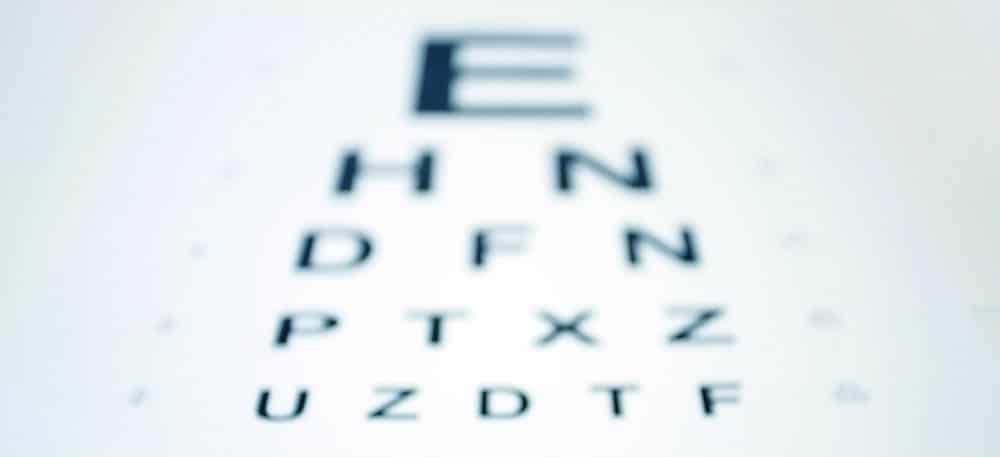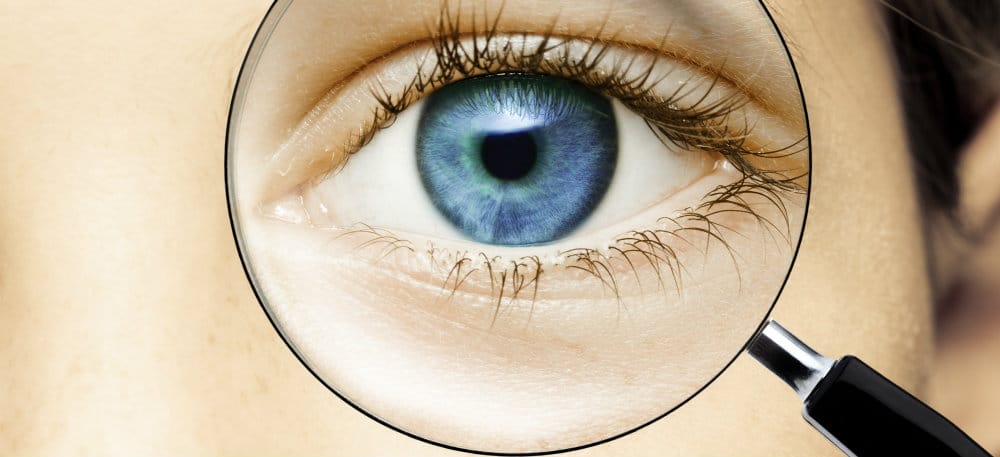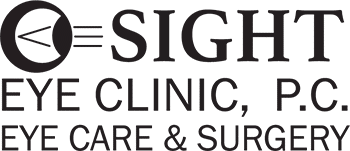Why You Need an Eye Exam (Even If You Don’t Need Glasses)
Did you know that more than half of Americans wear corrective lenses for one reason or another? It’s true!
If you’re in the majority here, you’re hopefully used to going to the optometrist or ophthalmologist every year or two to get your vision checked and, if necessary, update your prescription on a new set of contacts or frames.
But the truth is that everybody should be scheduling routine eye exams every once in a while—not just those who are already wearing some kind of corrective lenses. Your eyes are too precious and too important to gamble with. Just imagine what it would be like to lose them!
Unfortunately, many people only get their eyes checked after they notice a problem, rather than on a regular basis. (This is true even for people who do already wear glasses and contacts.) Most of us go to the dentist twice a year just for a cleaning and checkup even if our teeth don’t hurt, yet many of us go years and years between visits to the eye doctor.
But why should you get routine eye examinations, even if you have 20/20 vision?



There’s A Lot More to Eye Health Than Being Nearsighted or Farsighted
When most people think “eye exam,” they think about reading a chart with a giant E at the top, or answering questions like “one or two?” and “two or three?” Of course, determining the “sharpness” of your near and distance vision and determining a prescription is important. But a comprehensive eye exam covers a lot more than “can you read what’s on the screen?” Your central and peripheral vision will be tested. We’ll measure the fluid pressure inside your eyes—a critical way to identify the early stages of glaucoma. We’ll carefully observe the health of your retinal nerve. You might have “perfect vision” today, but if you want it to stay that way, it’s important to have a doctor check the health of your eyes on a regular basis.You May Not Have Noticed A Change in Vision—But Your Doctor Can
Many of these eye conditions that we test for (glaucoma, macular degeneration, cataracts, etc.) develop very gradually, over a period of months or years. Other are almost completely symptomless—at least at first. As a result, you might experience something like the “boiling frog” scenario. Because vision deterioration happens so slowly—you never “wake up” and suddenly have much worse vision than before—you might not even notice a problem until a lot of (potentially irreversible) damage has already occurred. However, a trained ophthalmologist or optometrist can spot these deficiencies during the early stages of development—well before most people even suspect anything is wrong. And for most of these conditions, you’re going to want to catch them and treat them as early as possible. That way you can slow or stop the damage to your vision and preserve good eye health for as long as possible.Your Eyes Can Reveal A Lot About Your General Health
You have one body, and everything is connected. Every system, every organ—they all influence and affect one another. Put another way: if one part of you is sick, every part of you is sick—at least to some degree. Unfortunately, many people don’t think of their health this way. The thought goes that ophthalmologist can only tell you about eyes, dentists can only tell you about teeth, etc. But it’s not true! Your eyes are, in many ways, a window into general health of your entire body. Many common diseases and conditions (that are not exclusively diseases of the eyes) can impair the health, structure, and function of your eyes in characteristic ways. This includes:- Diabetes
- High blood pressure
- High cholesterol
- Multiple sclerosis (MS)
- Lupus
- Psoriasis
- Rheumatoid arthritis (RA)
- Thyroid diseases

A Regular Eye Exam Can Save Your Vision—Or Your Life
This is really the main point we’re trying to get across in these last few sections. But we’ll summarize it again to be really clear. Degenerative eye conditions are extremely common. They are also frequently preventable (or at least delayable), and usually can be identified by an eye doctor long before the symptoms become severe, or even noticeable. If you get your eyes checked regularly, you give yourself the best possible chance at maintaining strong vision and whole-body health for as long as possible. If you wait until blurriness, blind spots, halos, or headaches become a problem, you could end up losing everything. There’s not really a better way to make the point than that. If your vision is important to you—and it should be—you should keep up with your exams.How Often Should I Get My Eyes Checked?
This depends on factors such as your age, personal history of vision problems or eye conditions, family history, etc. Ideally, everyone should be getting a comprehensive eye exam at least once every 1-2 years. If you’re under 40 and have no history of eye or vision, some doctors may recommend every 3 or 4 years instead, although we’re not sure it’s worth the risk. We strongly recommend at least an annual checkup if you can check any of the following boxes:- Currently wear glasses or contacts for any reason
- Are age 60 or older
- Have a personal or family history of eye disease or vision problems
- Have a medical diagnosis known to affect eye health, such as diabetes
